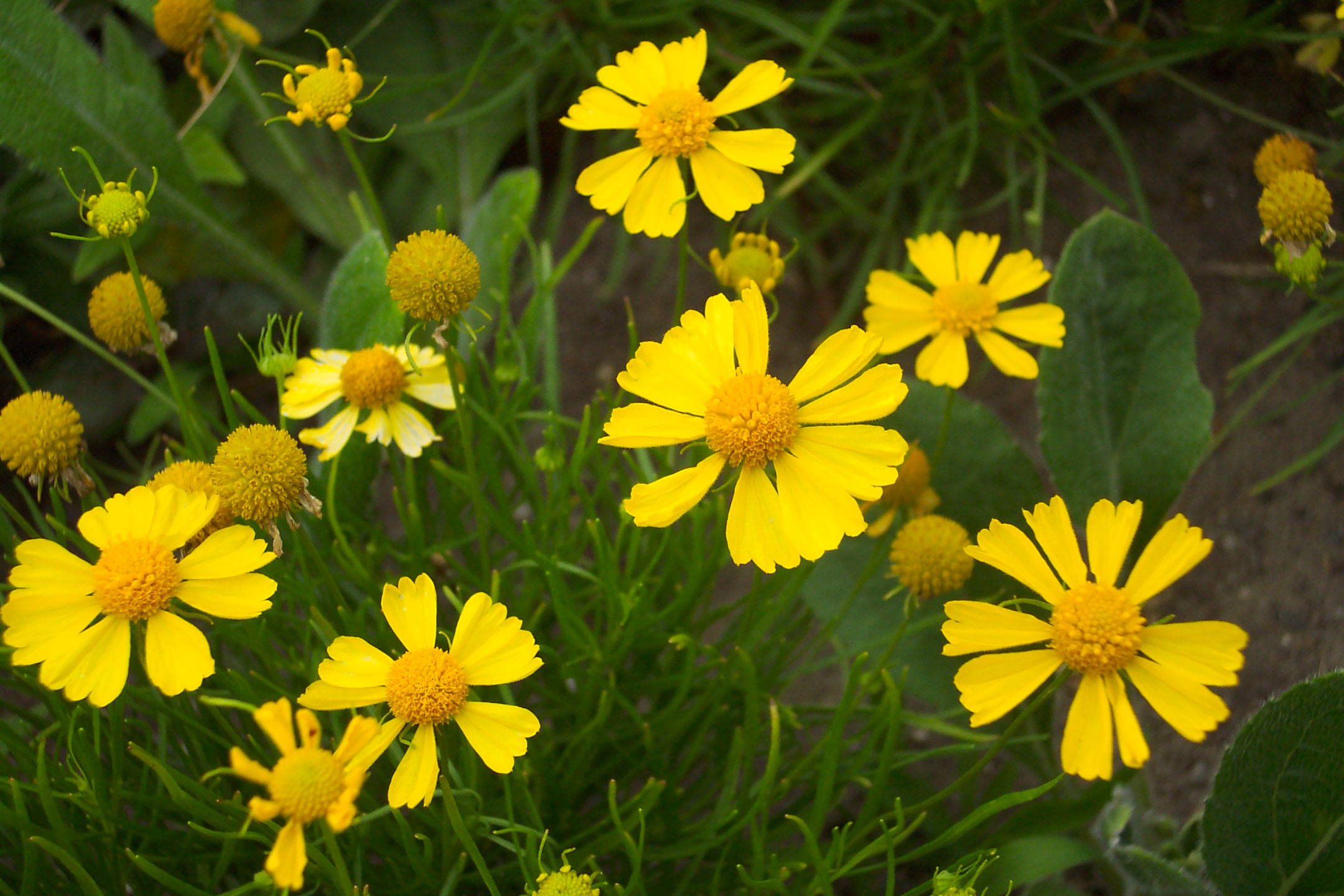“Timing is everything”. We’ve all heard that from people ranging from comedians to investment advisers; it is also true when starting seeds at home.
If seeds are started too early, the seedlings you are trying to raise will out-grow their space before you have a chance to transplant them out into the garden. On the other hand, if you start them too late, well, you might as well have saved yourself all of the trouble and sowed the seeds outside directly into the garden.
The timing revolves around the weather, specifically the last frost of spring, also known as the “frost free date”.
Climatologists and weathermen being the scientists they are, have very specific dates dealing with specific spring temperatures. For our purposes in the garden, we shoot for Mid May as our date. There still is a fair chance of some chilly temperatures at that date but not too much of a chance of an actual freeze happening.
The other factor to consider in your timing is whether you are sowing what I like to call ‘warm season’ crops or ‘cool season’ plants.
Vegetable plants such as onion, lettuce, and cabbage family (which includes cauliflower, broccoli, brussels sprouts and others) are considered cool season plants and are tolerant of freezing temperatures to a certain extent.
Flowers such as pansy, snapdragon, alyssum, sweet peas and others are cool season plants as well.
Most other annuals can be considered warm season plants for our discussion here.
The cool season plants can be transplanted into the garden as early as four or five weeks before the frost date. The warm season plants will never survive in those cold conditions and need to be set out into the garden after the soil has warmed up and there is no chance for frost, usually late May.
Right now we are in the beginning of the main part of seed starting season. During the next week or two you need to get some of your seeds started. Tomatoes and peppers should be started soon because they take so long to get to a size that can be transplanted into the garden. Cabbage takes less time to get to transplanting size but remember, they can be set out much earlier.
Often seed packets give you suggestions on when to sow the contents.
Next time we’ll discuss soil mix and containers for your seeds.
Bob




